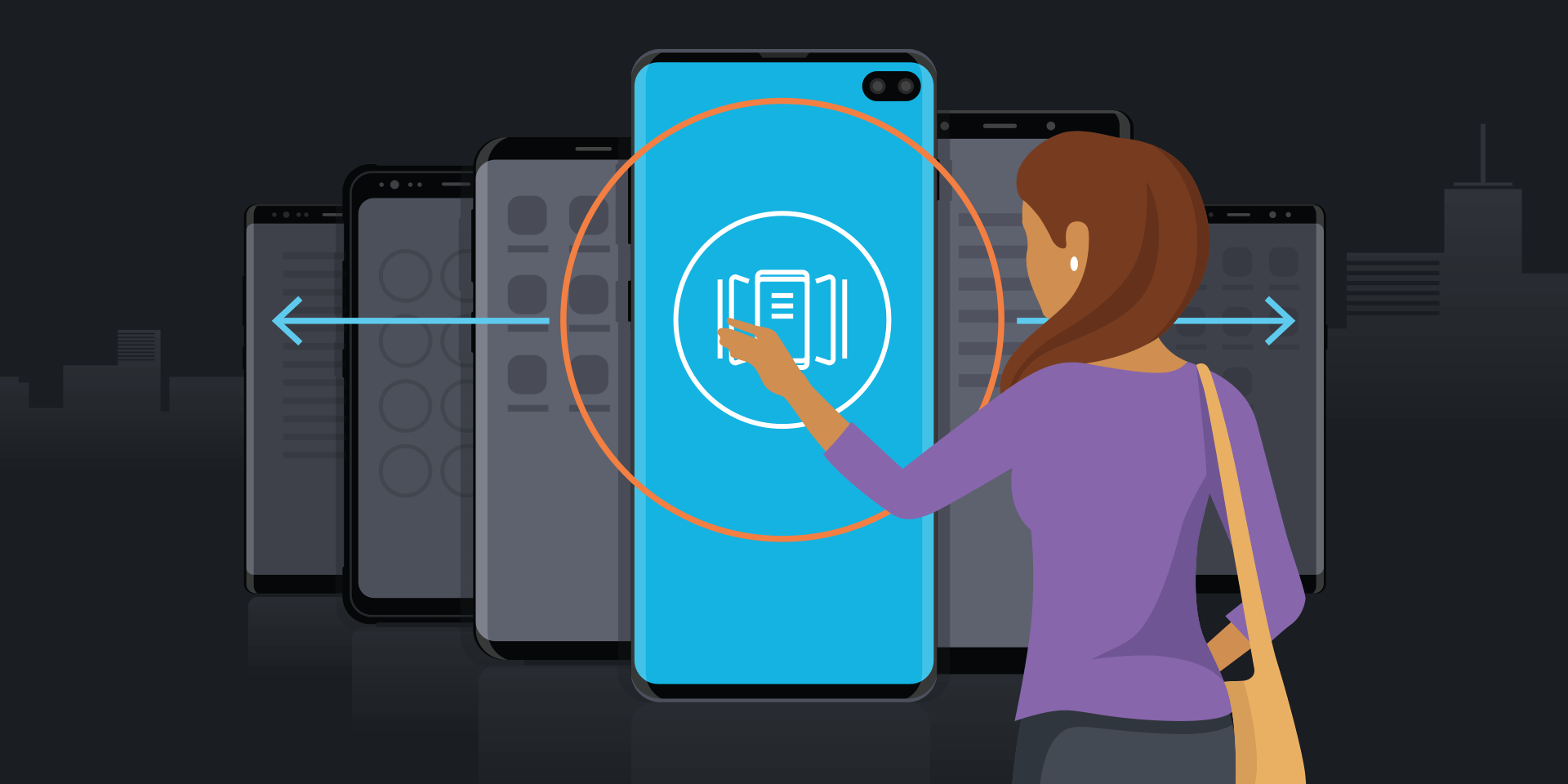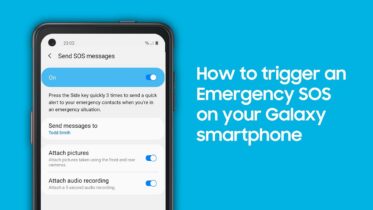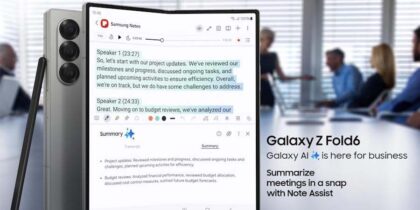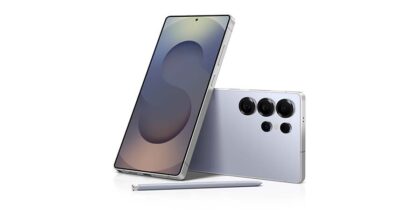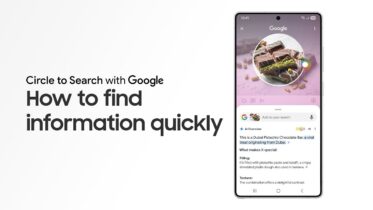Enterprises should not fall into the trap of viewing 5G as a simple “plug and play” technology that will deliver increased mobile connectivity, according to a special report from IDC.
“Just distribute some 5G-enabled devices in your organization, and all of 5G’s benefits start flowing, right? Unfortunately, to do so would be folly,” write IDC’s Bryan Bassett and Jason Leigh in the paper, titled “Strong 5G Investment Returns Require Essential Strategic Planning.”
The paper outlines the significant opportunities that 5G presents to the enterprise but also the careful long-term planning required to gain full advantage of the next-generation wireless technology.
“5G will enable the creation, transmission, and analysis of data on a much larger scale than anything possible today,” Bassett and Leigh predict, citing forecasts for growth from 32.6ZB in 2018 to 102.6ZB by 2023, with nearly 60 percent of that data being created by businesses.
But forward-thinking businesses should look at 5G as more than simply an “efficiency play.” “[Enterprises will] be able to partner with technology vendors across the hardware/software/services ecosystem to leverage the high-speed, low-latency, massive connection environments, with digital innovators aspiring to create new products and services that not only drive efficiency but also generate net-new revenue,” they advise.
Enterprise Appetite for 5G
Bassett and Leigh point to IDC survey data showing strong intent among enterprise decision-makers to purchase 5G-enabled devices in the next 12 to 18 months. Equally, enterprises are bullish on the potential ROI of 5G, with more than 60 percent expecting double-digit returns.
What's the best phone for your business?
Take this quick assessment to discover the smartphone most tailored to your business needs. Take Assessment
When developing an enterprise roadmap, the pair suggest looking at employee personas or roles to determine where to focus 5G innovation efforts first. “Frontline workers such as field service technicians, retail employees, or transportation workers may very well be in a greater position to benefit from the increased connectivity speed that 5G delivers,” they state.
“In addition, while 5G delivers immensely reduced latency, transmission speeds of 5G can be incredibly valuable to workers who deal with large volumes of data throughout their workflows. The decreased latency and increased volumes mean that real-time video collaboration, status monitoring, and precise location tracking become possible. With 5G, frontline workers in the field will be able to communicate more effectively and with higher degrees of accuracy.”
By identifying employees and workflows that can benefit most and conducting focused pilot projects, enterprises can plot a long-term path and keep investment under control, the paper suggests. “In the case of 5G, companies must learn to crawl before they can walk and walk before they can run. Racing to the top in the short term will be costly and won’t provide measurable differences in general worker productivity across the board.”
Samsung’s 5G Efforts
Samsung has been at the forefront of bringing 5G to consumers and enterprises around the world – from the core components to network technology and devices. Over the next decade, 5G will become the glue that ties together our technology strategy across mobile, AI, and IoT. The evolution of communications technology has always presented an opportunity to deliver more value in both consumer and enterprise customer experiences. Now as the 5G revolution takes hold, Samsung is engaging with telecommunications partners, innovative application developers and enterprises to ensure 5G delivers the connectivity fabric for a world we have yet to even imagine.
How does 5G work, and what are the benefits for users and organizations? Take a deep dive with our beginner’s guide to 5G. When you’re ready to reap the benefits, you can take your pick of Samsung’s roster of industry-defining 5G-enabled devices.

